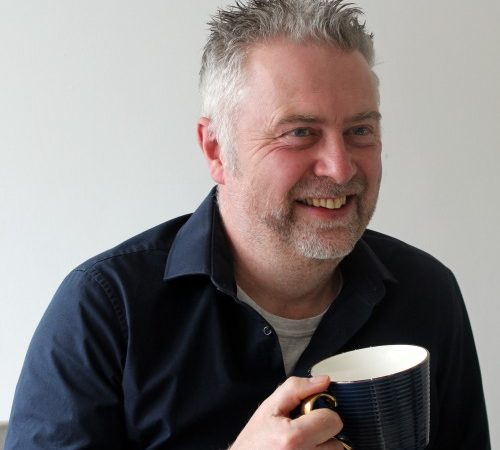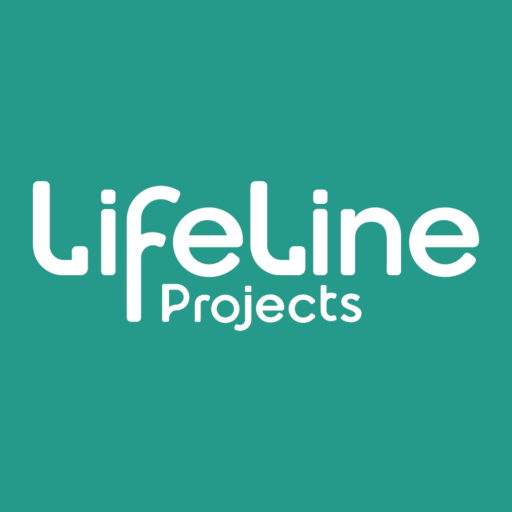

Carl was made aware of LifeLine Projects about a year ago when he began teaching at LifeLine Church and got to know some of the LifeLine staff members.


The more I found out, the more I grew in my understanding of how a project can make a difference in someone’s life. LifeLine’s values are integrity, excellence, ownership, compassion, and team. People always talk positively about LifeLine Projects.
This new initiative in community development is different from how LifeLine usually does things. My role is not a traditional role – I try to find the best way to connect young people to the community. I also get the community to connect with young people. So, in a way, I’m a connector in a relationship role.
At LifeLine, we’re looking to start a network of families that can support each other. We’ve lost contact with each other in society. In the past, we had stronger communities and family units. People nowadays find it harder to maintain relationships. There was a greater framework of support for young people in the past.
I’m bringing in a perspective that’s from outside the organisation, someone that’s got new connections and networks. I want to engage with people, to find out what they do, appreciate what they do and make them feel good about themselves.
At LifeLine, there are two sides to their projects. The first side is reaching out and connecting to the wider community and the second side is helping the various communities connect with LifeLine.
I guess I learnt a lot about developing relationships through my childhood. Working in hospitals really showed me the importance of working in teams. My faith also helps me see how many connections can be made. In my past working roles, I’ve always been good at developing relationships. I come from a big family and as a child, I belonged to a youth organisation called the boy’s brigade. We did lots of sports, went camping and took part in marching bands. This really helped me develop skills for making friends easily. I like to think that’s what I naturally do and have done throughout my career.
What LifeLine programme do you work on?


My role at Lifeline Projects is in the SW!TCH young peoples’ programme. I’m there to develop a network and partnership of local organisations, community agents and faith groups that will support SW!TCH communities.
What is your job?


The SW!TCH programme is very effective at intervening in the lives of young people at risk, integrating them into activities and developing their leadership potential so that they can make a difference in their world. My role is to help facilitate a connection and relationship with the wider community through volunteer mentors and other links, so that the young person is plugged in to others in the wider community, including churches and other faith groups. This connection can then continue into their adult life beyond their involvement with LifeLine Projects.
Can you describe your first day at LifeLine?


My first day at LifeLine Projects was both inspirational and overwhelming – learning about so many things that LifeLine does, and being inspired by the passion, vision and values.
In your work life, what are you most proud of?


So far, I’m still new to the role, but it’s seeing the favour and openness of so many community leaders in Dagenham to want to work together in seeing the community strengthened.
How would you describe LifeLine and its staff?


Busy! 🙂 No, seriously, they have a passion and energy and are very focussed on their goals because they see the projects actually working.
When you think of the future of the project, what gives you a sense of hope?


The vision of seeing each young person equipped, trained, enabled, and launched into the world to make a difference. But also connected with the wider community in relationship and influence. That is inspirational.
What do you think other people should know about LifeLine?


Just communicating what LifeLine Projects does is the first step. Much of the work is a secret to the outside world. But also, there is much good being done in lots of communities and faith groups. If we listen to each other and find out what’s going on, we could work together more effectively.
What one word would you use to describe yourself?


In one word? Disciple.
I’m a follower and learner of Jesus. This is reflected in how I live especially in doing good to everyone.
What one word would your friends use to describe you?


My friends – you would have to ask them! 🙂 But I would like to think “kind”.



